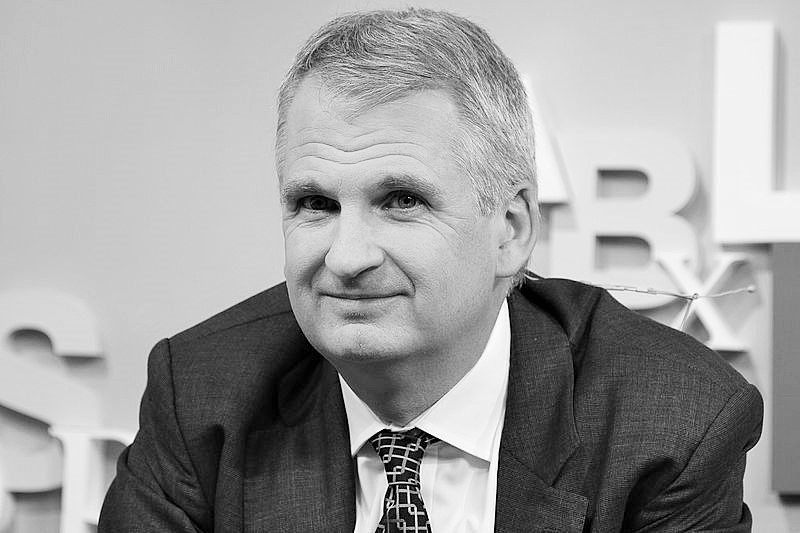
Timothy Snyder
Timothy Snyder is one of America’s leading historians and public intellectuals. He is the Richard C. Levin Professor of History at Yale University and a Permanent Fellow at the IWM. He received his Bachelor of Arts in European history and political science from Brown University in 1991. He then became a British Marshall Scholar at the University of Oxford, where he completed his doctorate in 1997.
He has held fellowships at the Centre Nationale des Recherches Scientifiques, Paris (1994-1995); Harvard University’s Olin Institute for Strategic Studies (1997); served as an Academy Scholar at Harvard’s Center for International Affairs (1998-2001); and has held multiple fellowships at the IWM in Vienna.
Among his publications are five award-winning books, all of which have been translated. Bloodlands: Europe Between Hitler and Stalin, a history of Nazi and Soviet mass killing on the lands between Berlin and Moscow, received a number of honors, including the Hannah Arendt Award for Political Thought, the Leipzig Prize for European Understanding and the Ralph Waldo Emerson Award in the Humanities.
